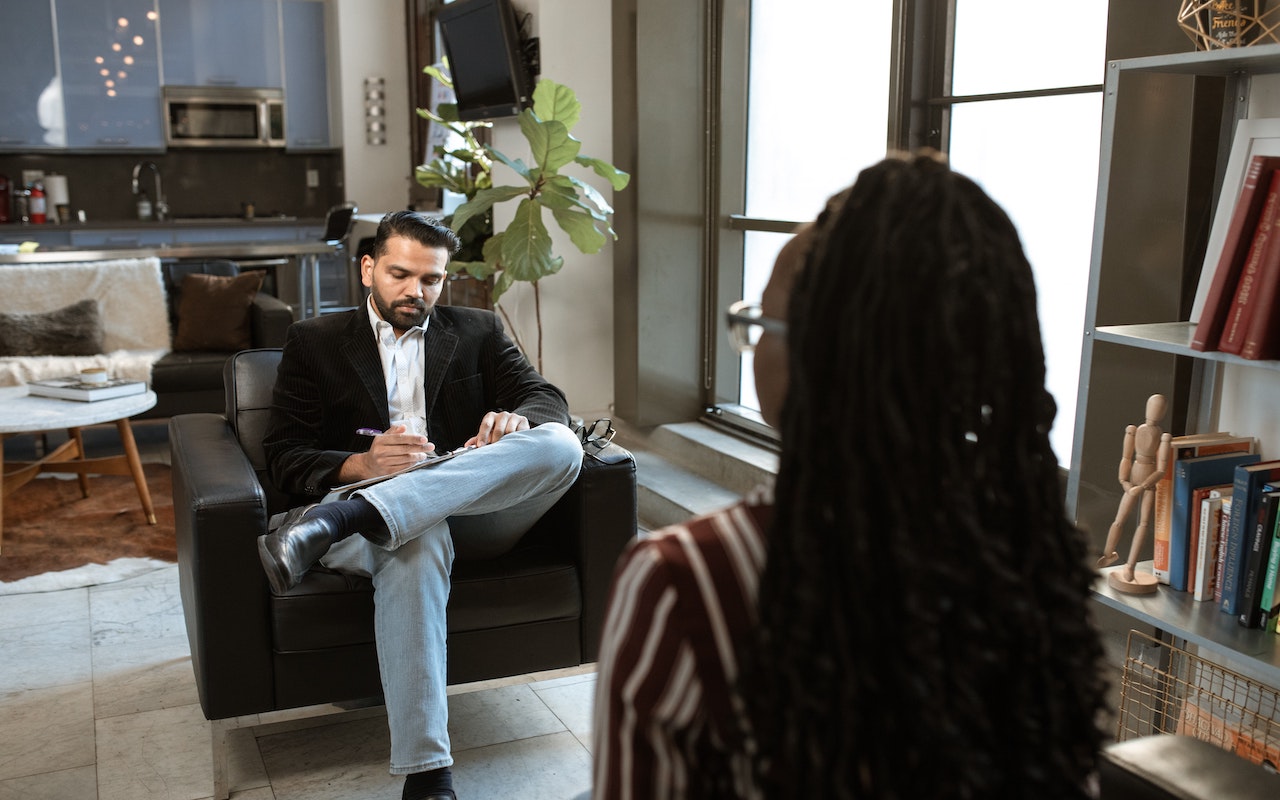College Admissions Tips and Guidance
Acing The College Admissions Interview

Explore Our Articles
Recent Posts
Popular Categories
Get In Touch
On Social
By Phone or Text
(617) 734-3700
By Mail or Email
1678 Beacon Street
Brookline, MA 02445
By Form
Educational Advocates
Our objective is to guide the family in finding options where the student will not only get admitted, but thrive and find success once on campus.
Acing The College Admissions Interview

Most admissions interviews take place on the college campus.
Fall is here, and that means it’s college admissions interview time for prospective applicants. While not all colleges hold interviews, the admissions interview is a place for the admissions representative (or someone else connected to the school) to see another side of you. It is also a chance for you to get an insider’s view of the college or to explain an inconsistency in your academic record in a personal, heartfelt way. To help you make the most of this opportunity, here is some advice on getting and surviving the college interview:
Determine If the College Offers Interviews: Although few colleges require an interview for general admissions, some colleges, such as University of Rochester and Hamilton College, highly recommend interviews. Some interviews are more evaluative and formal in nature, while others are informative and are geared towards you asking questions about the school and the admissions process. If you think you would be effective in an interview, then plan to take advantage of as many as you can.
The Early Bird Gets the Worm: Most interview scheduling is done on a first-come, first-serve basis. Check the website about the process for arranging an interview, or contact the admissions office. Generally, admissions interviews on campus are your best option, but more colleges have moved interviews online. Schedule online interviews with admissions representatives or alumni on the website. Whatever you do, do not wait until the last minute. When I did alumni interviews for Vanderbilt University, I would start as early as October. However, most of the requests came in January and February, and several times I had to turn down students because my interview schedule was full. While Vanderbilt no longer offers alumni interviews, hopefully, these tips from an experienced interviewer can benefit you.
Research, Research, Research: No one expects you to know every single detail about the school, but you do need to go into the interview with some understanding about the college. One question that I enjoyed asking students was “What drew you to Vanderbilt?” The best responses showed that the applicants had carefully thought about the school and why it would be a good fit for them in terms of the academic and social climate. Whether they had visited the school or just done a lot of research online and through friends, their answers were much more genuine and reflective than just saying that they liked Vandy for its gorgeous campus and relatively mild climate (these two reasons came up regularly). The bottom line is that you want to make a connection between your interests and what the college offers.

Be prepared by doing plenty of research about the college before the admissions interview.
Identify your Key Messages: You don’t want to sound too rehearsed or have entire monologues memorized, but you should think about the ideas and points you want to discuss before the interview. So if you love writing for the school literary magazine and editing the yearbook, be sure to convey why you enjoy these activities by relaying a brief example of work you have done. It is also a good idea to have a key message related to the college’s academic offerings. Even if you are undecided about your potential college major, you can still explain the areas you wish to explore. For instance, the student who writes for the literary magazine might say, “I am undecided, but I am interested in exploring diplomacy and world affairs, as well as English because I might enjoy a career in international relations that involves writing and communicating.”
Be Specific and Elaborate: If you are asked what courses you have most enjoyed in high school, avoid just saying “biology.” Instead, provide some information about which aspects of the course you most enjoyed. You might say, “I enjoyed biology, particularly our study of genetics and the brain. I hope to build on this knowledge by taking some neuroscience courses in college.”
Explain Discrepancies in your Record: If you have a good reason for a year or a semester of lower grades such as a death in the family or a serious illness then you might consider explaining the situation briefly to the interviewer (this is more appropriate for campus admissions professionals, not students or alumni). Another example would be if you have a learning disability or ADHD. You want to explain how your learning style affected your performance and what new strategies you have adopted to improve the situation. For instance, we have worked with students who had opted against taking medication for attention issues. Later, they decided to give medication a try and it made a dramatic difference in their grades. Others worked with tutors or coaches on organizational and planning strategies with positive results. It is important to explain the changes you have made and why you expect the improvement to continue. Remember, such explanations are only valid if you are truly working to improve your study habits and can anticipate a stronger academic performance during senior year.
Can I Ask You a Question?: Be sure to ask questions about different academic programs, extracurricular activities, or campus culture. This is particularly true if you are interviewing with an alumnus who has firsthand knowledge of the undergraduate experience and can give you insight into the school’s highlights and lowlights. Check out our Visiting Guide to peruse questions you might ask.
Accentuate the Positive: Maybe you just got a denial letter from another college. Maybe you overslept. We all have no good, very bad days. However, do not let negativity hijack your interview. While some questions, such as ones concerning your high school experience or the subjects you have difficulty with, might lend themselves to ranting, try to end your discussion of these topics on a positive note. For instance, when answering the question, “What subject do you have the most difficulty with?” you might want to include your strategies for handling these difficulties. For instance, a student I interviewed discussed at length how she was able to contend with her problems with calculus by regularly meeting with her teacher and doing extra problems to help her grasp the different concepts.
Relax and Be Yourself: Don’t worry about dazzling the interviewer with your rapier wit or astounding him with your 10-step plan for world peace. Most interviewers want to get a better sense of who you are beyond your application. When I interviewed students, I wasn’t looking for a stand-up comedian or someone with an ostentatious vocabulary. Instead, I wanted to get to know the students and determine if they would be a good fit for Vanderbilt. Rather than aiming to impress, go into the interview with the goal of letting the interviewer see who you really are.
By Terri Suico
Be prepared for your next interview. We can help.









